Managed Compliance for Data Security Obligations
Join Us for a Cybersecurity Webinar: Protecting Arkansas Municipalities
Thursday September 19th, 2024 @ 12pm CDT
Register HERE

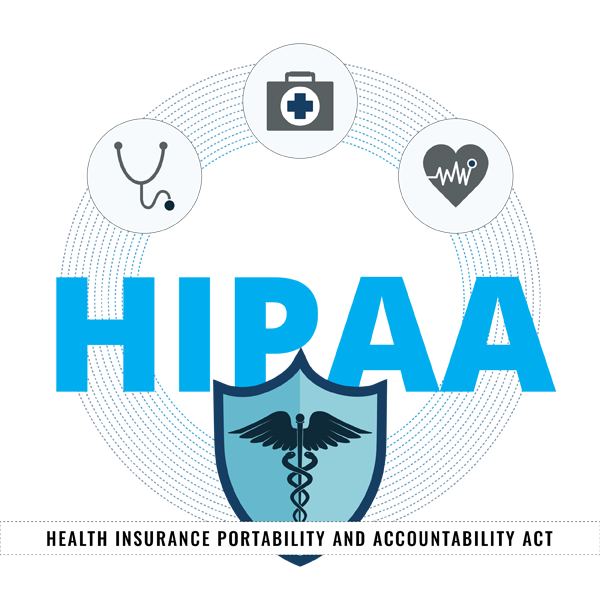
HIPPA
The Health Insurance Portability and Accountability Act or HIPAA, is a compliance standard that is designed to protect sensitive patient data. Any organization that deals with protected health information (PHI) is obligated to maintain and follow process, network and physical security measures in order to be HIPAA-compliant.
Concerns Associated With HIPAA Compliance: HIPAA violation penalties, Training for handling PHI and malicious security attacks, Security Incident Response Plan (SIRP) in place, Complex Audits and Documentation
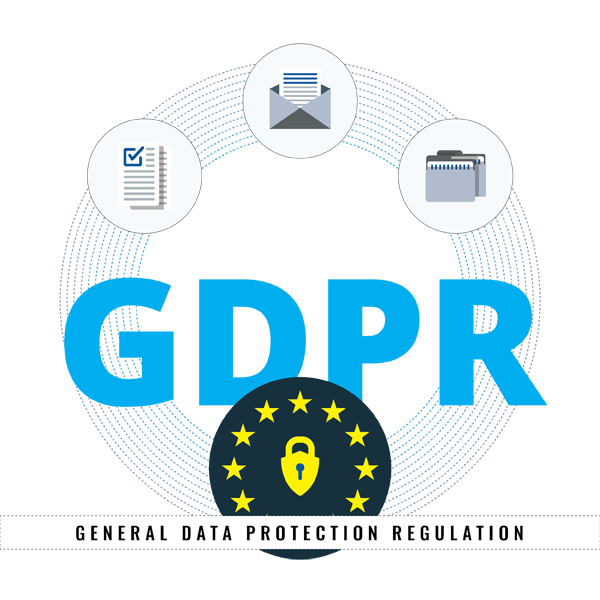
GDPR
The General Data Protection Regulation or GDPR, is a regulatory standard according to which businesses are obligated to protect the privacy and personal data of European Union (EU) citizens for all transactions that are carried out within the EU member states. The GDPR standard is intended to unify and reinforce data protection for all individuals that reside within the EU and to control the export of personal data outside the EU.
Concerns Associated With GDPR Compliance: Preparation to adapt, test, maintain and demonstrate compliance with evolving GDPR requirements, Penalties and banning of non-compliant businesses, Ambiguous terms and lack of clarity
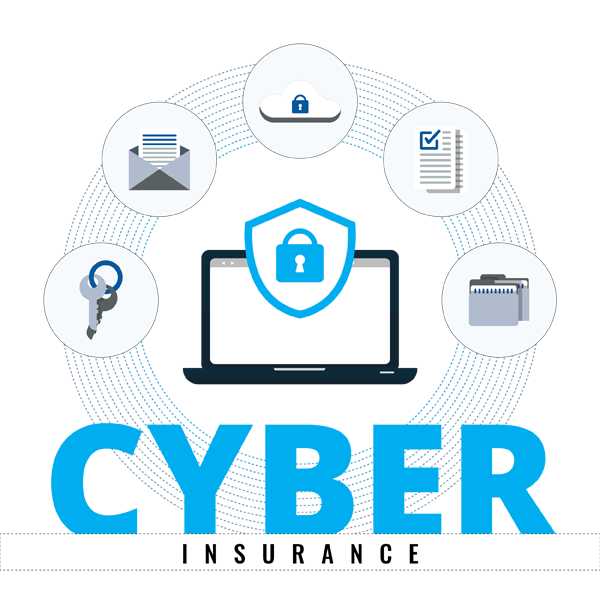
Cyber Insurance
Cyber Insurance is a type of insurance product that is designed to protect businesses against potential damages associated with cybercrimes such as ransomware and malware attacks. It is a customizable solution for businesses to mitigate specific risks associated with cybersecurity breaches and prevent unauthorized access to their sensitive data and networks.
Concerns Associated With Cyber Insurance Compliance: Understanding unclear and confusing policies and coverages, Complex Policies with certain constraints and limitations that can be difficult for businesses to interpret. It is vital that you have adhered to and fulfilled all policy requirements to ensure that your claims are not denied.
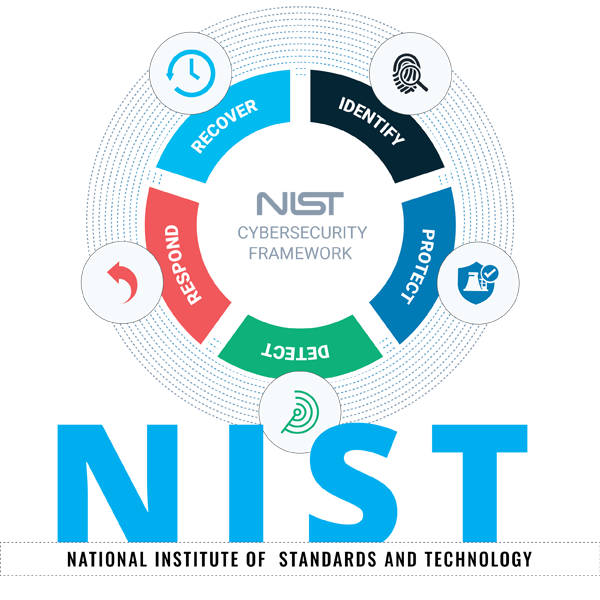
NIST CSF
The National Institute of Standards and Technology (NIST) has developed a framework called the Cybersecurity Framework (CSF) to streamline cybersecurity for private sector businesses. NIST CSF is a set of voluntary standards, recommendations and best practices that are designed to help organizations prevent, identify, detect, respond to and recover from cyberattacks.
Concerns Associated With NIST Compliance: Most businesses do not possess in-house expertise to safely adhere to NIST CSF requirements, Businesses need to understand their unique cybersecurity risks and vulnerabilities to properly design, implement and manage their security programs and best practices.
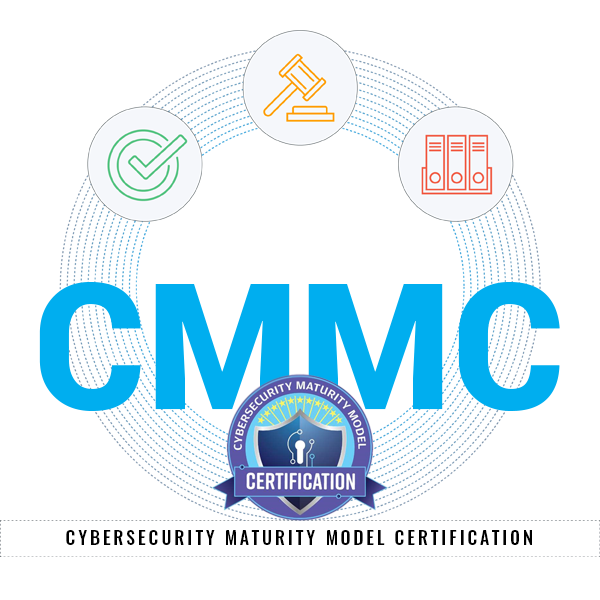
CMMC
The Cybersecurity Maturity Model Certification or CMMC, is a unified standard implemented by the U.S. Department of Defense (DoD) to regulate the cybersecurity measures of contractors working for the U.S. military. The CMMC is the DoD's response to significant compromises of sensitive defense information located on contractors' information systems. Contractors working across the defense industrial base (DIB) will now be required to implement and continuously maintain a series of strict cybersecurity guidelines demonstrating adequate cyber hygiene, adaptability against malicious cyberthreats and proper data protection strategies.
Concerns Associated With CMMC Compliance: All businesses working for the DoD along any point of the supply chain are required to comply, Alignment with NIST SP 800-171 standards, Each tier of the certification is a prerequisite for the following tier to pass, CMMC compliance will be required by all contractors of the DoD by 2026, Failure to comply with the required Systems Security Plan (SSP) and Plan of Action and Milestones (POA&M) could result in contract performance issues and/or breach of contract.
